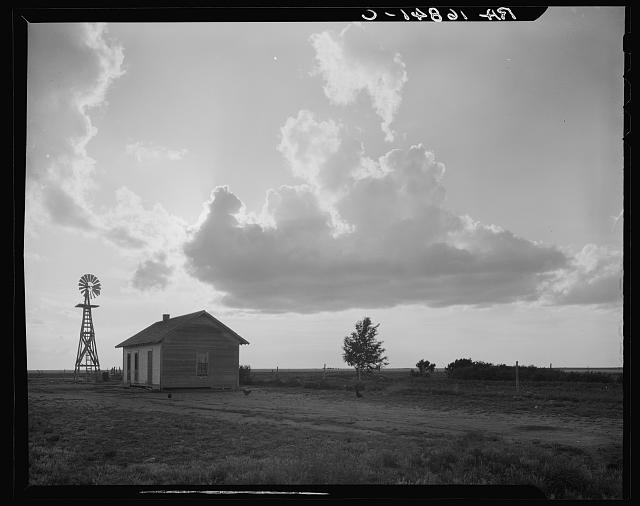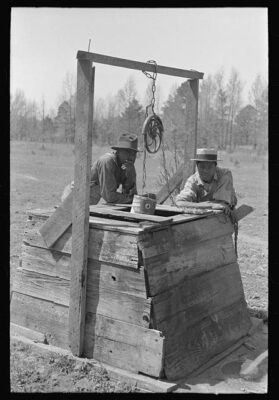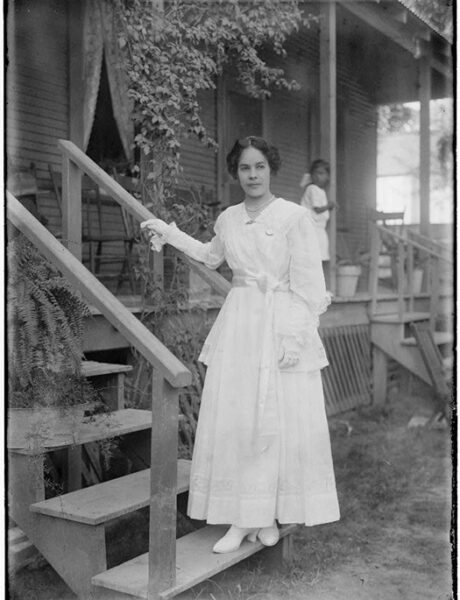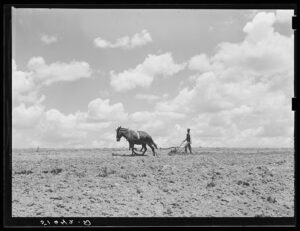Southern Literature: For five years I taught American literature and creative writing at Transylvania University in Lexington, Kentucky, the favorite school of the antebellum aristocracy in the South; I am the author of an award-winning novel about the civil rights movement in Mississippi, The Children Bob Moses Led (Milkweed Editions, twentieth anniversary edition from NewSouth Press), which involved extensive visits to Mississippi, as well as the Martin Luther King Center in Atlanta and other resource sites in the South. Finally, I have been a frequent visitor to various favorite places in the South, including Savannah, Charleston, St. Augustine, Key West, and New Orleans. I have lived in Maryland since 1981.
Preacher Knox
1
There is something compelling
about a man named Moses
walking into a town named Liberty
in Mississippi’s Amite county
(friendship, in French) where
no Black person was free.
That’s what Bob Moses does in 1961,
working to register Black voters.
In late August he lead local farmers,
Curtis Dawson and Alfred Knox,
down to the courthouse to fill out
a daunting registration form.
Suddenly two white men attack,
one hits Moses repeatedly in the temple
with the blunt end of a switch-blade,
knocking him to the sidewalk where
he curls up to protect his head.
Knox, a part-time preacher, tries
to pull Bob’s assailant away while
Dawson pleads with the man to stop.
Moses has a out-of-body experience,
as if he were floating off the ground
and looking down at himself before
coming to, T-shirt drenched in blood.
Knox urges him to leave the scene,
but Moses insists on pressing charges,
entering the courthouse only to learn
that Billy Jack Caston, his attacker,
is the sheriff’s cousin. Against
the odds, Moses files charges.
Back in McComb, Dr. James Anderson
needs nine stiches to sew up Bob’s scalp,
wraps bandages around the wound.
Moses returns to Liberty the next day
for a hearing, the courtroom filled
with white men brandishing shotguns.
Caston claims Moses, crouching
like a kung fu master, attacked him.
The sheriff says it’s too dangerous for Bob
to tell his side of the story. He, Knox,
and Dawson are hurried out a back door,
the judge finds Billy Jack innocent.
2
Thirty years later I drive into Liberty
to research what happened there
during the civil rights movement.
Herbert Lee had been killed at a local
cotton gin, Louis Allen, a witness,
was gunned down in his driveway.
Moses and his fellow SNCC workers
leave the area in 1961; Preacher Knox,
a local farmer, stands his ground,
still lives outside Liberty.
I give him a call, ask if I can come
to his home to tape an interview.
I follow his directions through
a maze of backcountry dirt roads,
no street signs, no names on mailboxes,
eventually I pull up at his house,
a weatherboard cabin with a tin roof,
a stone chimney, a small front porch.
Knox is one of a few Blacks in Liberty
who, thanks to a New Deal program,
buys forty acres of land in 1939,
thus fulfilling a Reconstruction promise
some seventy years too late. We sit on
a bench supported by two large trees.
I remember how the hens cluck
and peck at the front yard dirt.
I place a recorder between us
and as we talk chickens stroll
beneath the bench, still clucking.
A rooster voices his opinion.
A large-framed man wearing blue
denim overalls, a chambray shirt,
Knox explains how hard it is
to be a small farmer: “Ain’t nothin’
folks can do ‘cept scratch it out in
the summer, strap it in the winter.”
When I ask about Moses and Liberty,
Knox calls to his grandson, elbow deep
in a tractor engine: “Come here, Henry,
I don’t think you’ve heard this story.”
A sullen well-built teenager walks
over to us, reluctantly.
As Knox relates in detail
what happened the day he goes
to the Liberty courthouse to “redish,”
the boy’s face changes to respect.
He didn’t know his grandfather
is a hero, stood up to the man.
As we are talking I notice
pickup trucks cruising by more
frequently than you’d expect on
a back country road. Are they
other farmers or has word spread
about a white man asking questions?
The statute of limitations does not
expire in murder cases, and I ask
him who shot Louis Allen. He shares
my suspicion of the sheriff. It is time
to go. Driving away I see a grandfather
talking with his grandson.
Jail, No Bail
At Parchman we’re stripped
and searched, issued a towel,
a bar of soap, a toothbrush,
sheets and pillow cases,
a striped prison outfit.
Filthy cells are full of bugs.
A jail is just another house,
less comfortable than most,
I admit, room service leaves
something to be desired,
if you like three squares
of rice and beans you can’t
complain, a mattress thick
as a poor man’s wallet
and twice as hard, no seat
on the toilet, rusty water
seeps from the tap, a view
through iron bars of a guy
in another cell staring back,
one visitor asked us to say
something in “commonist,”
entertainment is not out
of the question, cigarettes
smoked down to the filter
serve as chess pieces,
singing freedom songs
always lifts our spirits,
drives the guards crazy.
They took our sheets,
then our mattresses,
and when we wouldn’t
stop singing, our soap,
towels, and toothbrushes,
but we raise our voices,
“Keep your eyes on
the prize, hold on.”
Tales from Liberty
1
At a Frederick, Maryland, art gallery
I meet a bearded painter working in pastels
from Liberty, Mississippi. A sniper
in Laos—he tells of killing a man, a village
organizer, on his front porch—he might
have to take out one or two of his kids
but he gets his man on the first shot,
gives him three more to make sure.
Our special forces, he says, thought
nothing of hacking off a man’s head,
sticking it on a pole for the village to see,
of walking around with a girl’s pubic hair
fastened to a helmet. That’s how the game
is played, what’s hard to convey
is how exciting it all was.
2
When he says his last name my heart
jumps, and I ask about a relative
I suspect might have shot Louis Allen
in his driveway because he witnessed state
representative E. R. Hurst gun down Herbert Lee—
a local farmer helping Bob Moses register voters—
at a Liberty cotton gin.
“He was one mean piece of work,” he says,
“his kids was mean too, mean as snakes,
they’d as soon shoot you as look at you.”
The original ancestor, a thief in Scotland,
was smuggled here from Liverpool in a coffin.
The man I suspect was a police officer
in Alabama before he came to Liberty.
A died-in-the-wool racist he is part of
a hardcore group associated with a local
Baptist church. The murder of Louis Allen
is still unsolved.
3
Roland Sleeper, a conservative Black man
well-liked in Liberty, is in no way seen
as a trouble-maker, but every weekend
he gets drunk. The painter tells me
Sleeper is sitting on a wooden bench
before the courthouse and says something
to offend a white man.
They take him to
the Homochitto swamp, beat him so bad
he loses all his clothes. Then he goes
after the men who did it and hasn’t
been seen since. The town assumes
the swamp will keep its secrets.







